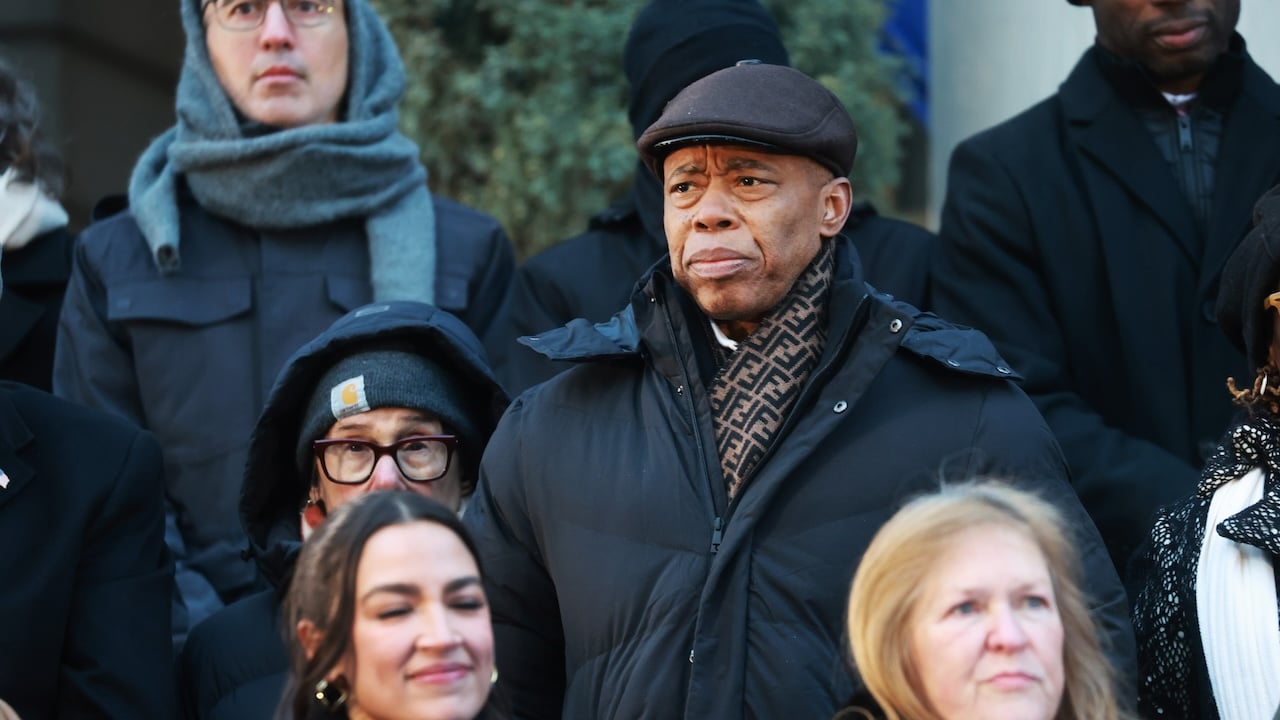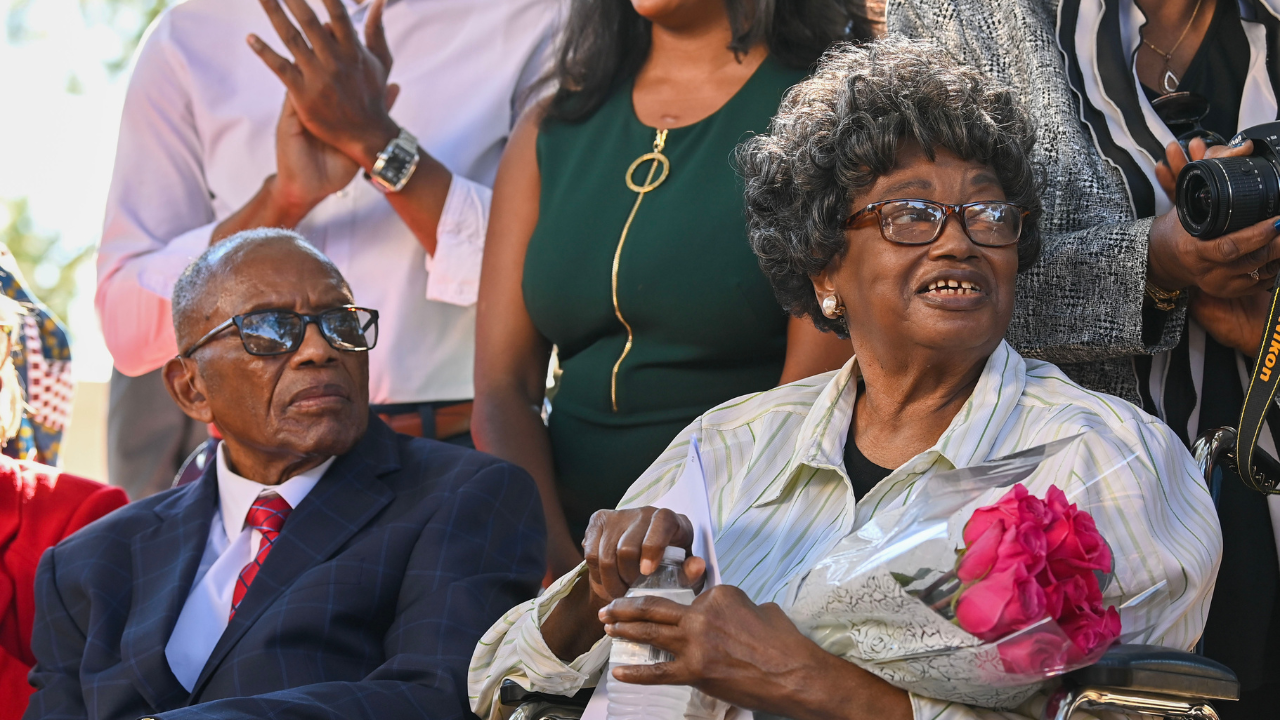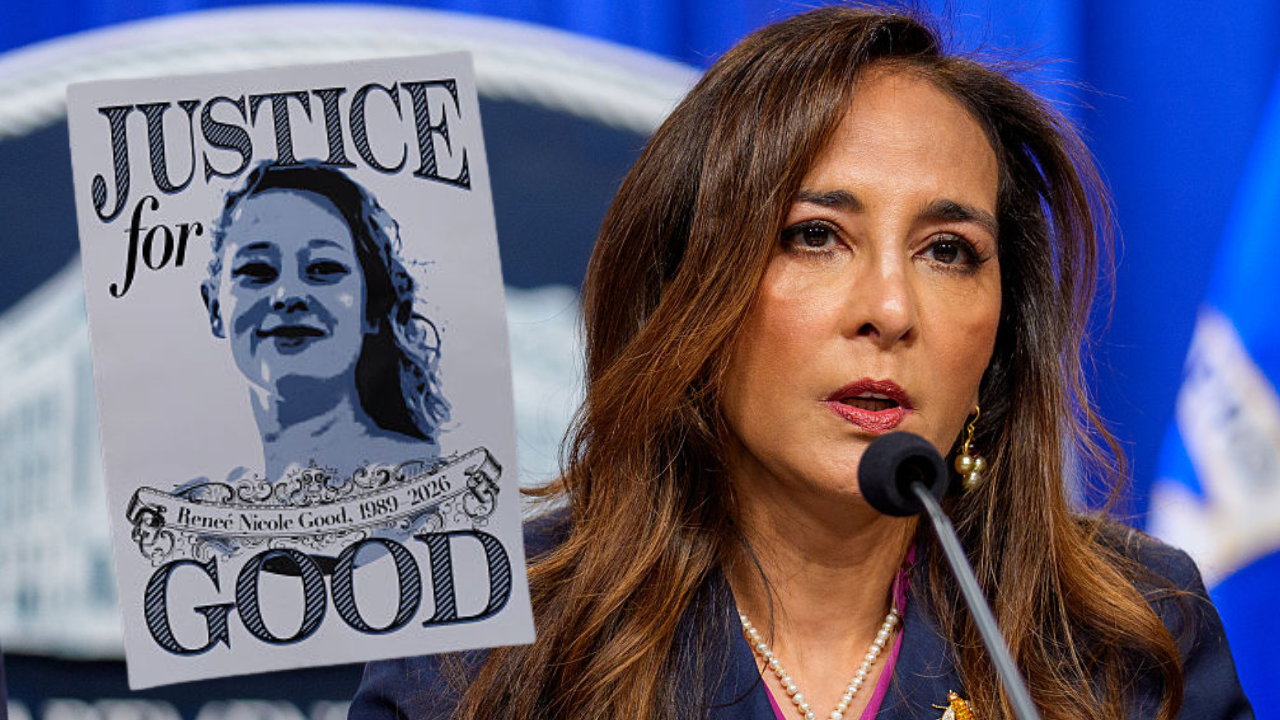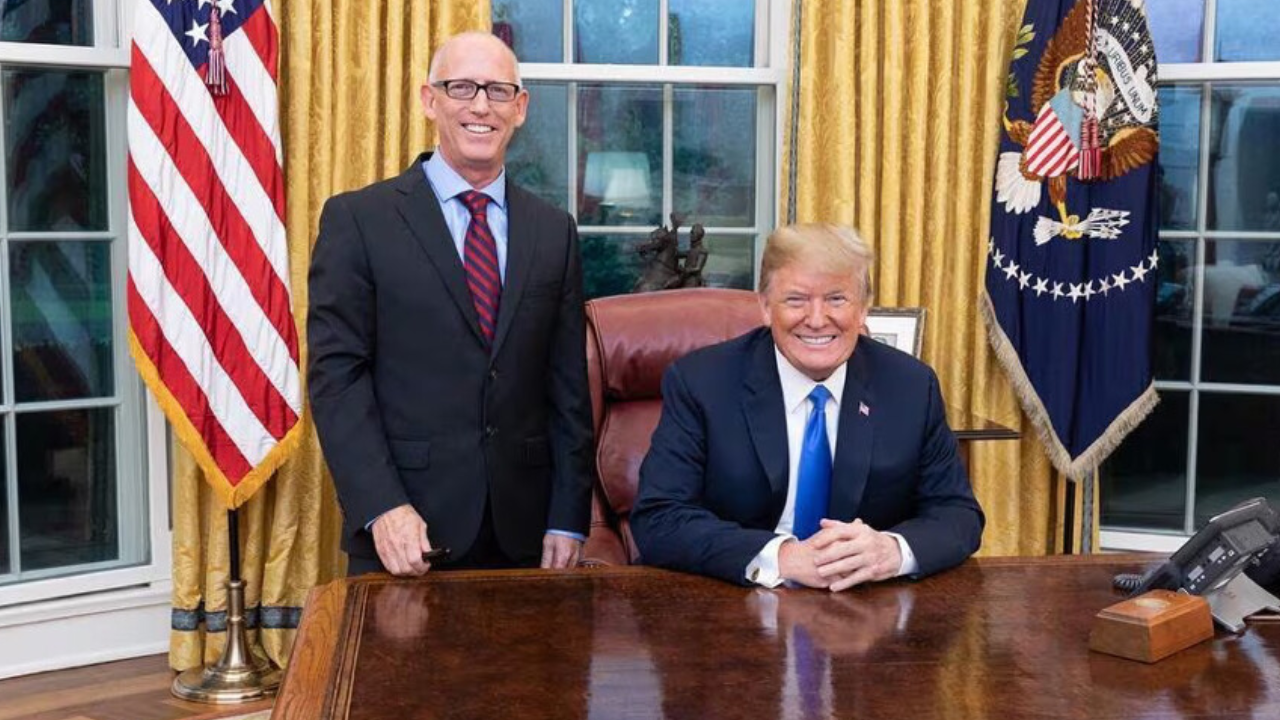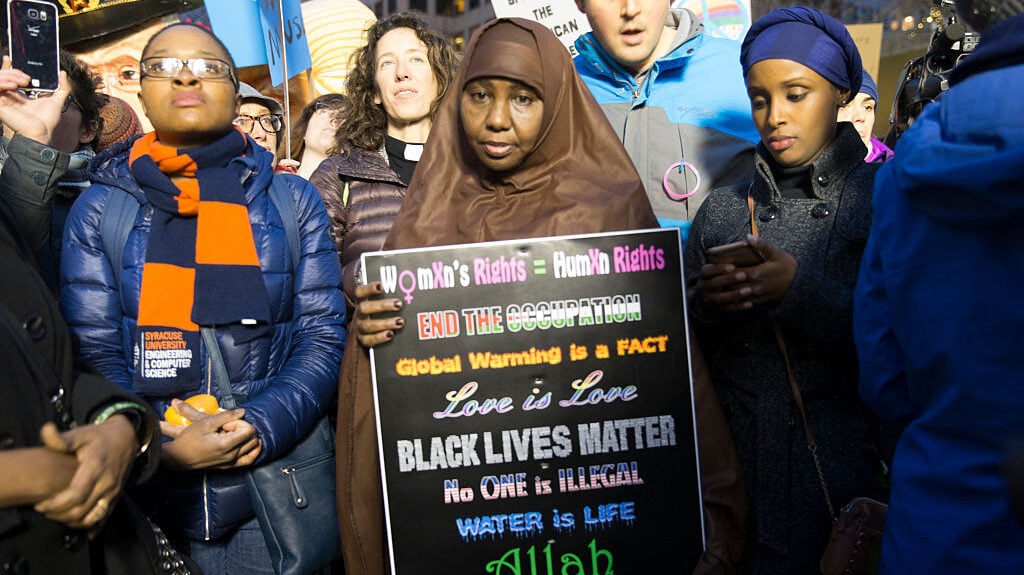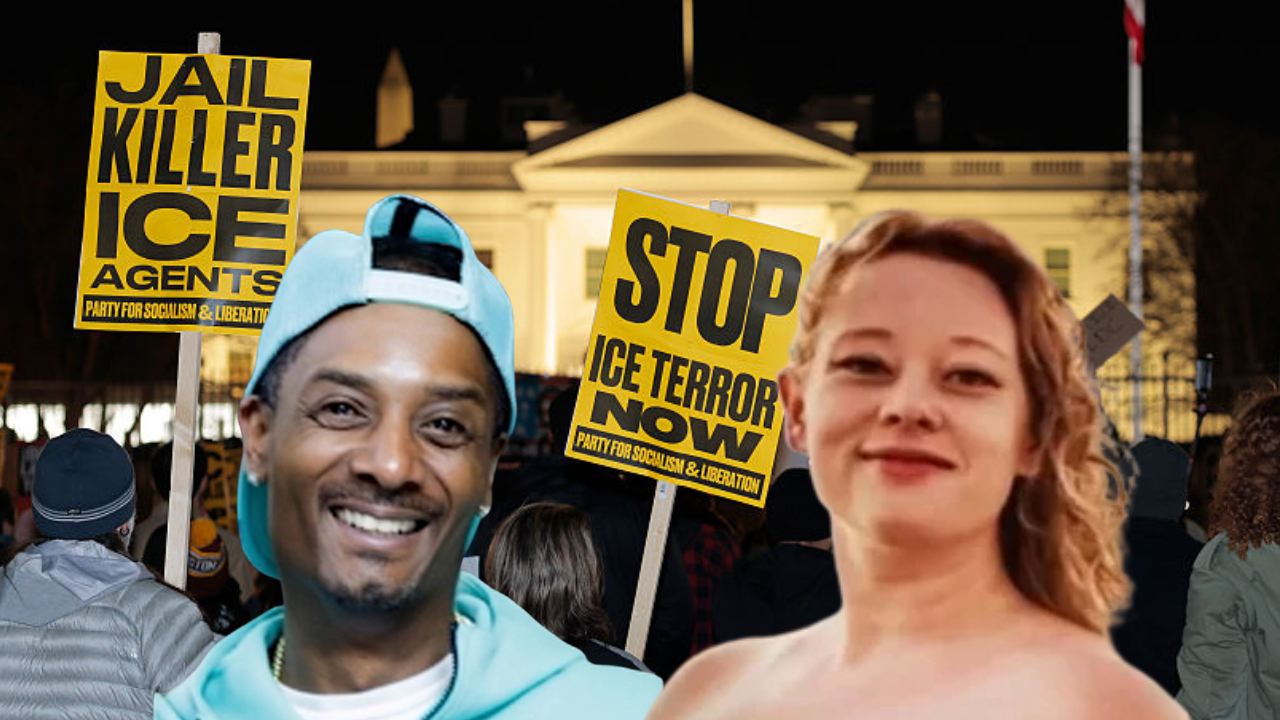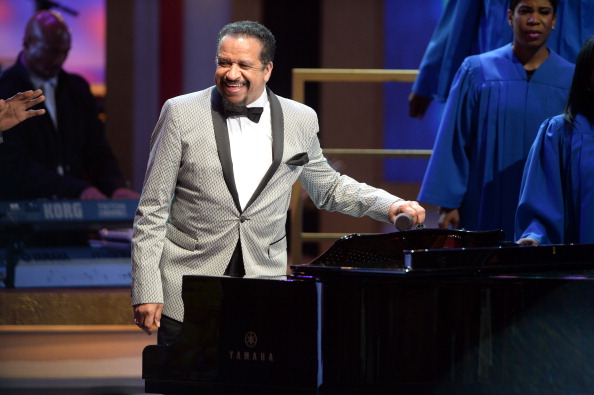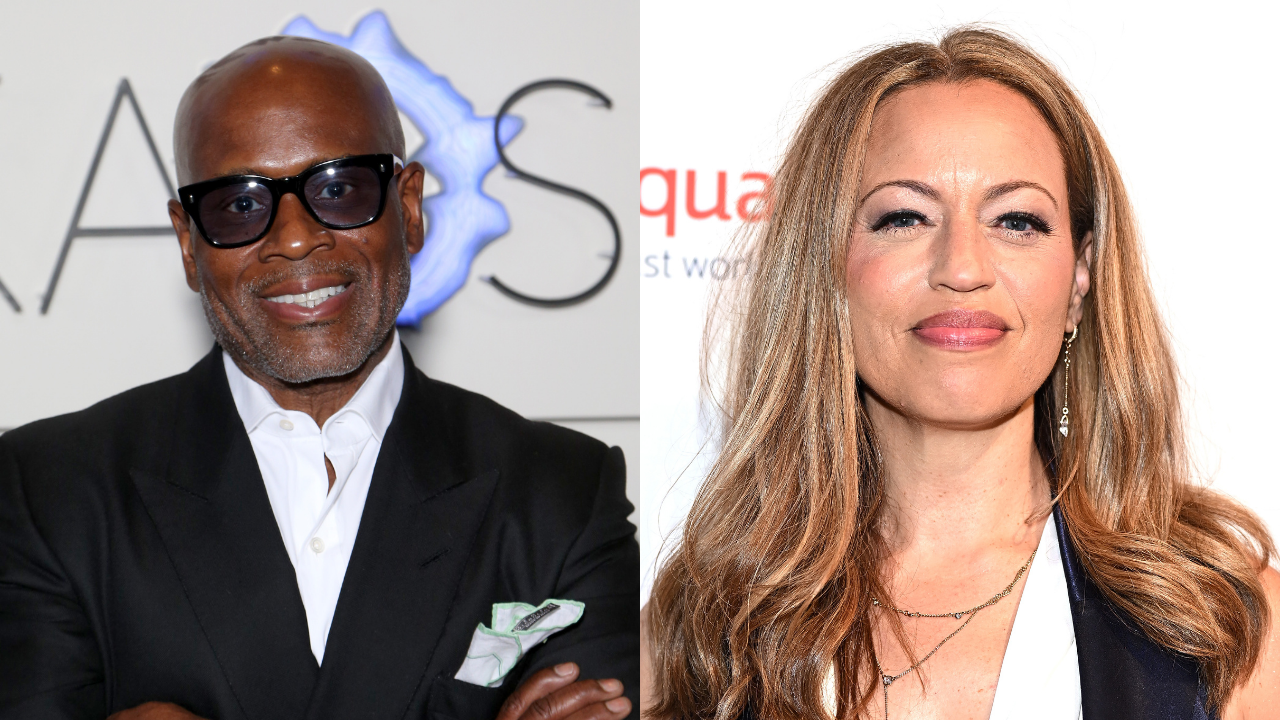After Charlie Kirk’s Killing, Why Are Black People Paying The Price?
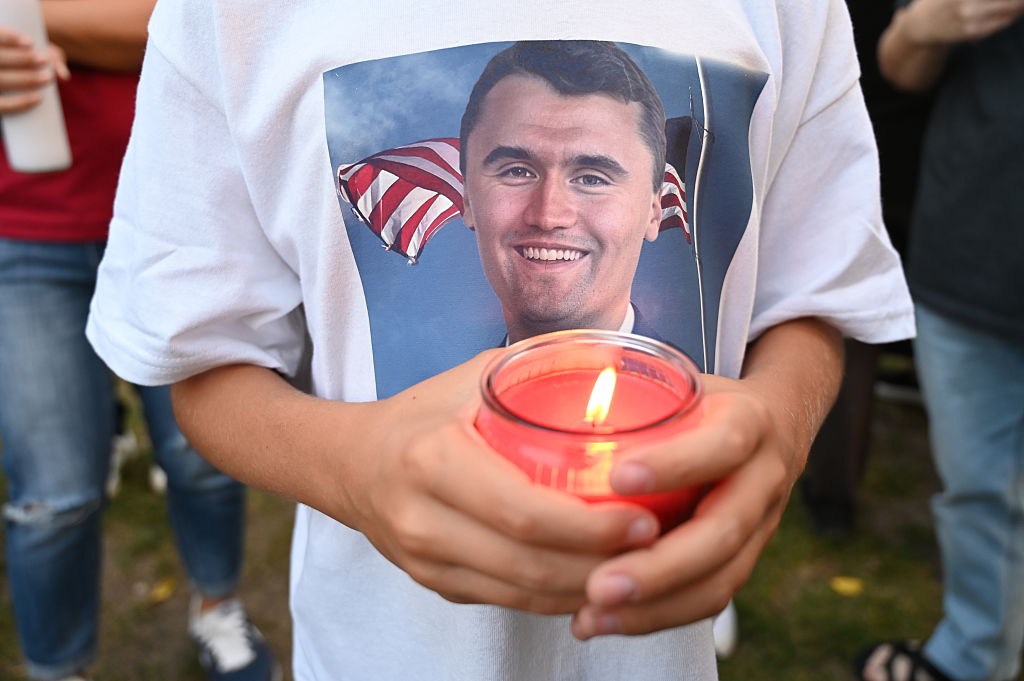
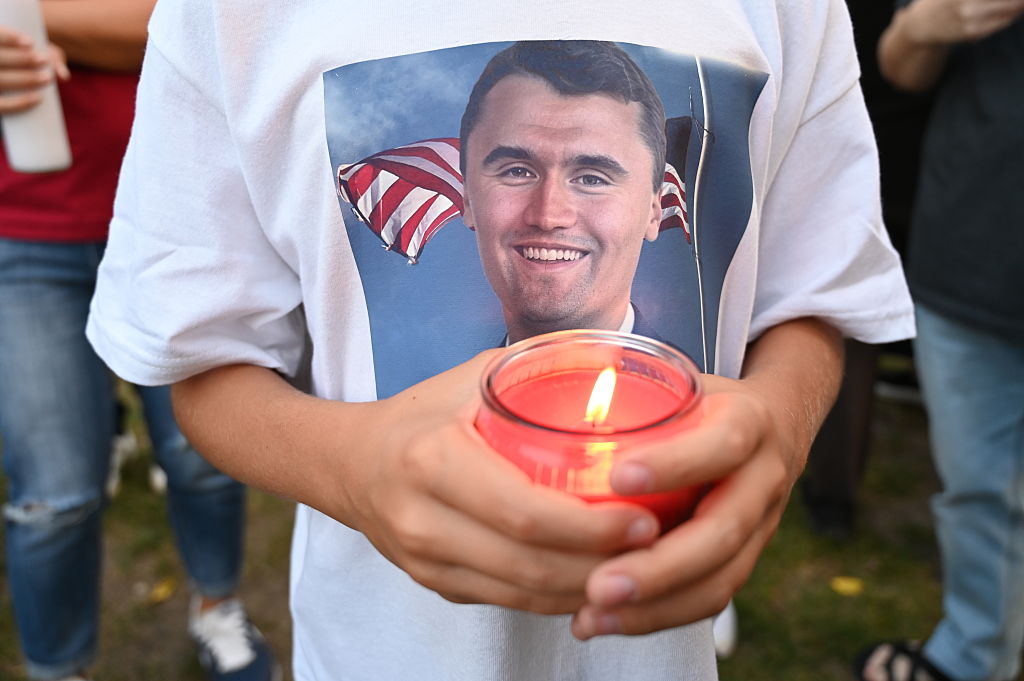
Not even 24 hours after Charlie Kirk was killed while speaking at Utah Valley University, students at several Historically Black Colleges and Universities (HBCUs) found themselves under lockdown.
Alabama State University, Virginia State University, Hampton University, Southern University, and Clark Atlanta University all received threats. Spelman College ordered students to shelter in place as a precaution. Some of these lockdowns have since been lifted, but the impact remains. Black students, faculty, and staff were forced into yet another cycle of fear and disruption, reminded once again that even in moments of grief or chaos that have nothing to do with them, they will still pay the price.
That this wave of threats followed Kirk’s killing is no accident. The conservative activist, just 31, was shot and killed while delivering remarks in one of the reddest states in the country. In the immediate aftermath, investigators had not named a shooter or identified a motive. The facts were still incomplete, but that did not stop conservative politicians and pundits from rushing to pin the blame on “the left.” Within minutes, Republican members of Congress were posting inflammatory statements online, insisting that Kirk had been targeted because of his politics.
That reflex was predictable: cast progressives, LGBTQ+ people, and Black people as violent threats while presenting conservatives as perpetual victims. Yet now we know the suspect in custody is Tyler Robinson, a young white man, underscoring how baseless those initial claims were—and how dangerous it is when leaders choose scapegoating over facts.
But there is something especially grotesque in how this reflex manifested. Instead of focusing attention on Utah, where the shooting actually occurred, retaliation appeared to shift hundreds of miles away to Black colleges in the South. Rather than looking for a white suspect in a predominantly white, conservative state, the anger, fear, and scapegoating spilled onto HBCUs—places that had nothing to do with Kirk, his death, or the circumstances surrounding it. Once again, Black people became the collateral damage of a political environment where blame always flows in their direction.
To understand this moment, we have to be honest about Kirk’s legacy. For years, he thrived on division. His organization, Turning Point USA, created the “Professor Watchlist,” a public shaming tool aimed at academics with progressive views and their free speech. In 2018, I was placed on that hit list. My photo, name, and professional details were published online. Almost immediately, I began receiving death threats.
Police at Georgetown University Law Center, where I was teaching at the time, called to ask whether I needed an escort to class. Imagine that: as a Black, queer, progressive law professor, I suddenly had to weigh whether it was safe to teach, not because of my work, but because Kirk and his band of loyal followers had made me a target.
This wasn’t an abstract political disagreement. It was harassment, intimidation, and violence by proxy. It made my life smaller and more dangerous. And I wasn’t alone—many others found themselves on the receiving end of his campaigns. He wielded his platform to delegitimize and endanger anyone who stood in opposition to his ideology. For those of us who lived through his attacks, the idea that we should now mourn him as though he were a neutral figure is impossible. He was not neutral. He was not harmless. He built his brand on making marginalized people like me less safe.
And yet, the national conversation expects us to extend compassion. To be calm. To mourn. To model civility. But where is that compassion when the tables are turned? Where are the public statements of grief when Black and progressive people are doxxed and threatened? Where is the collective empathy when Black students are forced to cower in classrooms during lockdowns triggered by racist hoaxes? Where is the outrage when HBCUs, the very institutions that have educated generations of Black leaders, are treated as disposable targets for misplaced rage?
It does not come. And this is the hypocrisy at the heart of the moment. We are told to feel sympathy for those who incited harm against us, while our own safety is dismissed as collateral damage. We are scolded for our anger, our refusal to mourn in the “right” way, and our insistence on speaking truth. But for many of us, the reality is simple: Charlie Kirk died in the world he wanted. He cultivated a political environment where grievance, division, and intimidation thrived. He would not have mourned us. He did not believe people like us deserved equal treatment.
That does not mean his death should be celebrated. But it does mean that the expectation of silence, of detached sympathy, is another form of erasure. When Black communities are attacked—whether through hoax threats, bomb scares, or real violence—there is no national chorus urging compassion for us. Instead, there is an acceptance that our grief is routine, that our fear is ordinary, that our lives are perpetually precarious.
What happened this week illustrates that reality with devastating clarity. A conservative activist was killed in Utah. Within hours, HBCUs in the South were forced into lockdown. Republican leaders rushed to blame “the left.” Black students bore the weight of threats they had nothing to do with. And voices like mine—voices that have been directly targeted by Kirk and his allies—were told to temper our feelings, to show compassion, to extend empathy to a man who never extended it to us.
It is tempting to dismiss the threats as “hoaxes,” to comfort ourselves with the knowledge that nothing dangerous was found and no lives were lost. But language matters. Calling them hoaxes risks minimizing the trauma inflicted. For students already navigating systemic racism, limited resources, and the daily weight of being Black in America, a lockdown is not a minor inconvenience. It is a violent interruption of safety. It is a reminder that their education, their futures, their very lives can be disrupted at any moment by forces far beyond their control. Even when the calls are fake, the fear is real.
Charlie Kirk’s death is already being politicized, as was inevitable. But the real story of this week is not only that he was killed. It is that in the wake of his killing, Black people were once again made to suffer. The reality is that we always do. And until this country confronts its instinct to scapegoat Blackness, we will continue paying the price for tragedies we did not cause, in a world that insists our grief is optional and our safety negotiable.
Preston Mitchum is a policy consultant, attorney-activist, and television personality whose work focuses on the intersections of racial justice, health and gender equity, and LGBTQ+ rights.
SEE ALSO:
Charlie Kirk Shot And Killed Answering Gun Violence Question
What's Your Reaction?
 Like
0
Like
0
 Dislike
0
Dislike
0
 Love
0
Love
0
 Funny
0
Funny
0
 Angry
0
Angry
0
 Sad
0
Sad
0
 Wow
0
Wow
0




